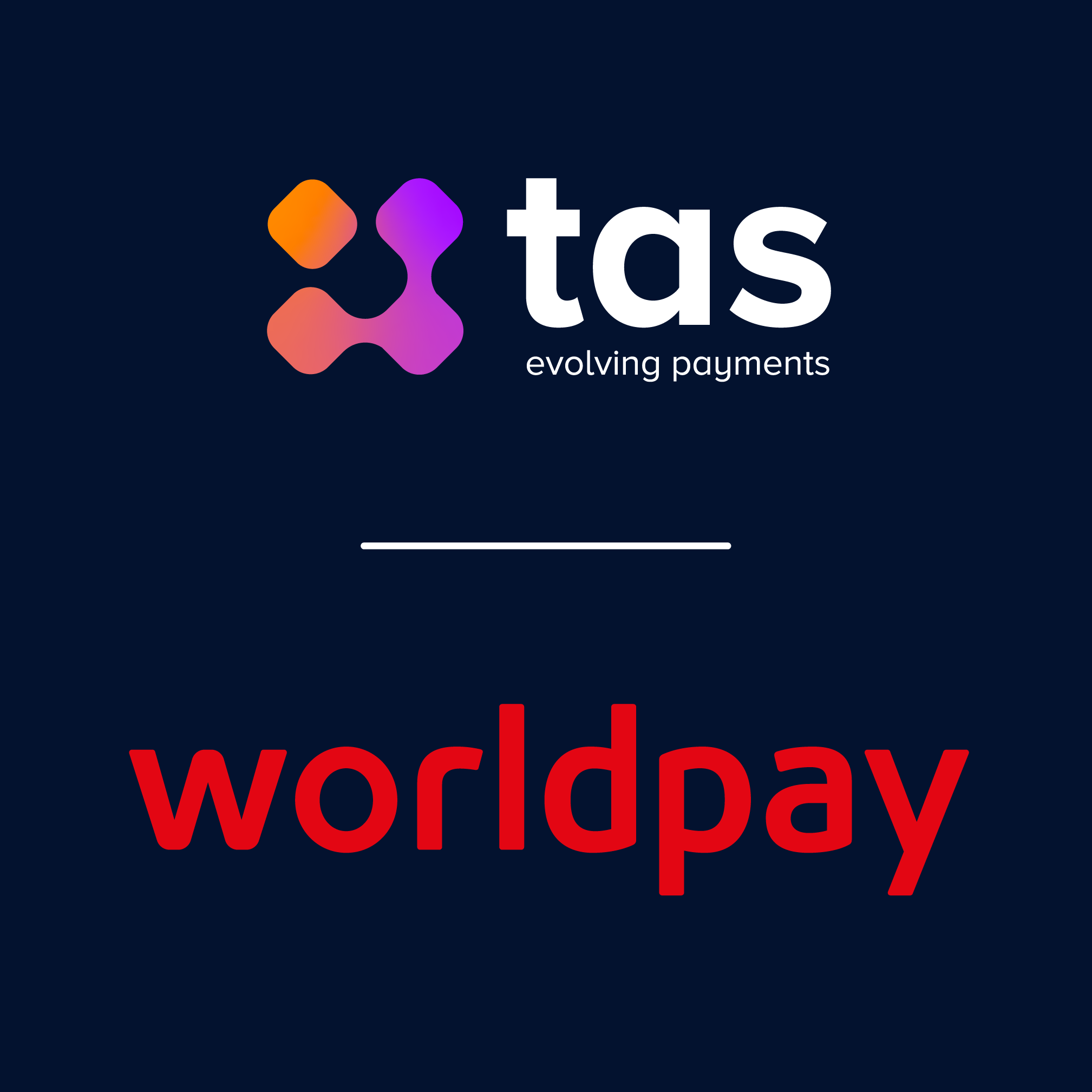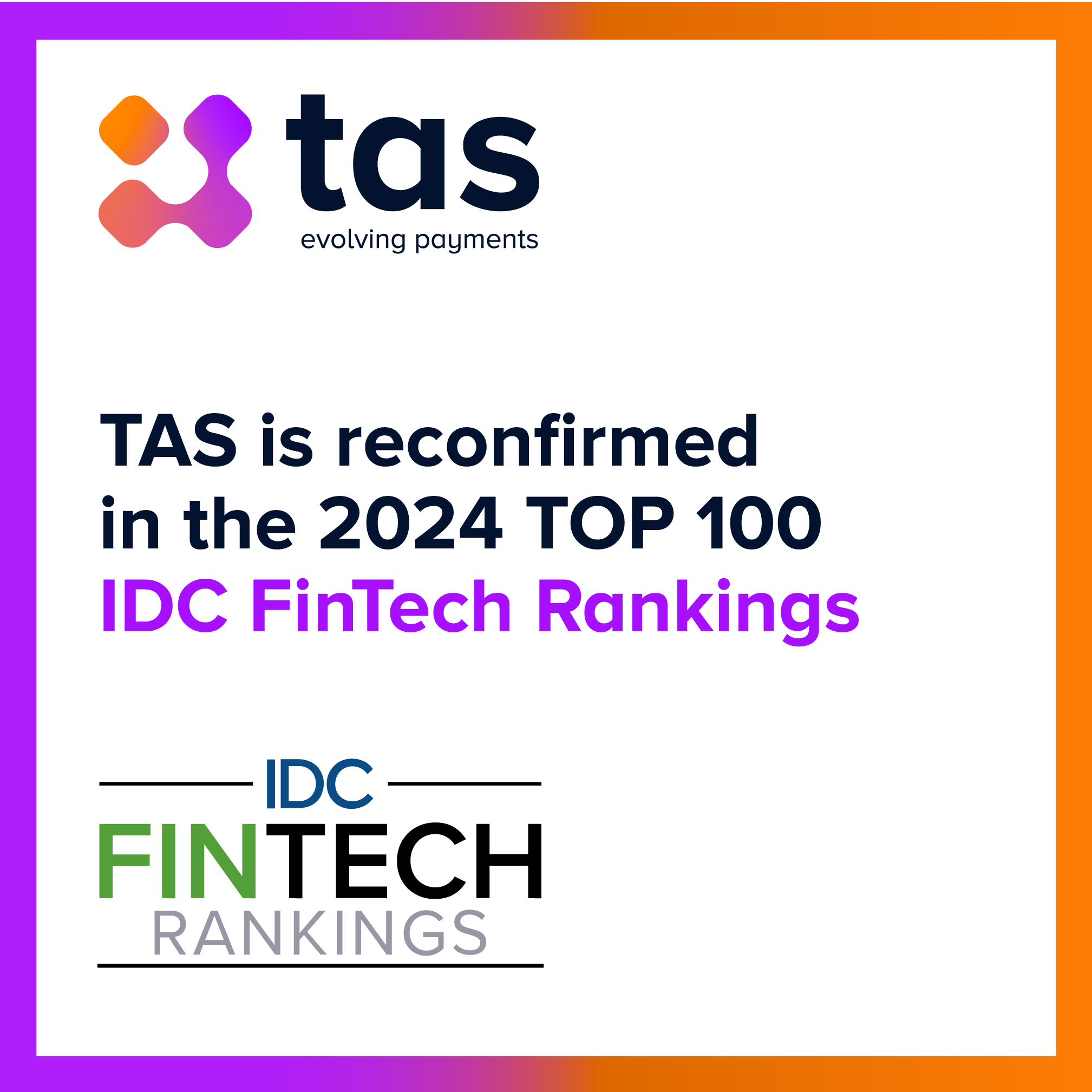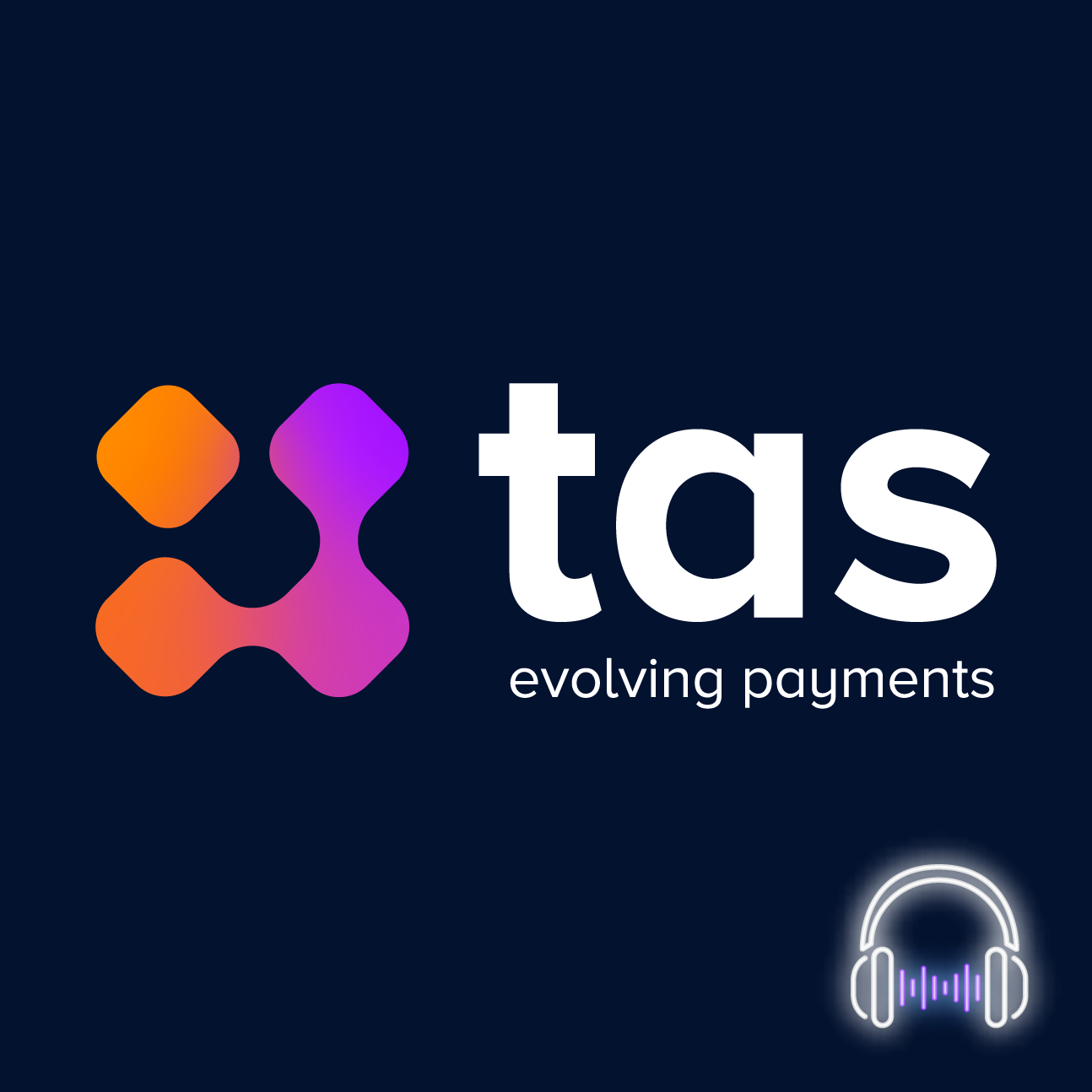Insights
A collection of our recent articles, white papers, webinars, reports and videos.
EU T+1: TAS’s Perspective on the Future of European Post-Trade

The transition to T+1 settlement represents one of the most significant changes for European financial markets in recent years. It is not merely about shortening the settlement cycle by one day, but about addressing a transformation that directly impacts processes, systems, and operating models across financial intermediaries.
The regulator’s objective is clear: reduce systemic risk, strengthen market resilience, and increase transparency in settlement flows. However, implementing T+1 in Europe presents structural complexities that distinguish it from other international experiences. The presence of multiple markets, CSDs, and differing operating models requires a high level of coordination across the entire operational chain.
In this context, daily dialogue with banks and service providers highlights how compressed timelines make phases that are often handled on a deferred basis — such as pre-matching, data quality, and exception management — increasingly critical. From TAS’s perspective, as a long-standing technology provider in the capital markets space, T+1 cannot be viewed as a mere compliance obligation, but rather as an evolution of the operating model.
Under T+1, settlement fails can no longer be treated as events to be analyzed retrospectively. They become risks that must be actively managed throughout the trading day, requiring up-to-date information and tighter integration between securities, cash, and reporting systems.
In this scenario, increasing process automation and the evolution toward more “intelligent” applications play a central role. The compression of processing timelines makes management models based on manual intervention or ex-post controls progressively unsustainable. Institutions need systems capable of supporting timely operational decisions, prioritizing exceptions, and continuously monitoring process status.
Ongoing dialogue with the market reveals a recurring theme: adapting individual applications is necessary, but not sufficient. Without an end-to-end process view, there is a risk of informational fragmentation, making operational governance more complex precisely when speed becomes a critical factor.
It is from these considerations that the need emerges to strengthen structured moments of discussion among market participants. This is the objective TAS pursues through its dedicated, periodic User Groups — designed as dialogue forums with directly involved intermediaries to jointly analyze topics that significantly impact technological and market developments.
Within a new Capital Markets User Group, the T+1 topic can be addressed alongside other key transformation drivers — from regulatory reporting developments to digital asset initiatives and the coexistence of DLT-based markets with traditional infrastructures — with the goal of sharing experiences, approaches, and common operational perspectives.
In a landscape that continues to evolve, marked by converging regulatory and technological transformations, dialogue among market participants represents one of the key elements for successfully navigating a transition that, more than ever, requires a shared vision.
Article by Roberto Bruschi, Business Development Manager of TAS.
Original Source: Bancaforte
TAS announces the appointment of David Mogini as the new Head of the Capital Markets Business Unit

Milan, September, 2025 - TAS SpA (hereinafter "TAS"), a leading company in the supply of software and services for banking and financial applications, in Europe and the Americas, announces the entry of David Mogini as Head of the Capital Markets Business Unit.
With over 30 years of experience gained in leading international consulting firms and in the banking sector, David Mogini brings to TAS an in-depth knowledge of the financial market and its main business areas: capital markets, commercial and transaction banking, wealth and asset management.
Throughout his career, he has led major transformation and innovation programs for prominent players in the financial sector in Italy and abroad, focusing on strategy, operations, digital & IT transformation, and open banking.
Thanks to his strategic vision, ability to build strong relationships, and strong innovation mindset, David will support TAS in expanding its Capital Markets offering, further strengthening the company’s role as a key technology partner for the industry.
TAS @ Sibos 2025

September 29 | October 2 – Messe Frankfurt
TAS is among the official exhibitors at Sibos 2025.
Stop by our booth F065 to share insights on the latest trends on digital payments, liquidity management, payment schemes connectivity, open banking and much more.
Worldpay and TAS together to simplify and enhance the competitiveness of pagoPA Payments

Milan – February, 27 2025 Worldpay, a global leader in payment solutions with a presence in 146 countries and the processing of over 50 billion transactions annually, and TAS, an Italian ICT company specializing in payment systems and transaction processing, announce a new partnership to simplify and broaden access to digital payments to the Public Administration.
A strategic partnership to offer merchants a turnkey solution for integrating pagoPA payments into their applications, thereby expanding opportunities for citizens and businesses.
The integration of Worldpay’s acquiring and processing solutions with TAS’s PayTAS platform enables merchants, app developers, and payment service operators to join the pagoPA network and easily offer the collection and payment functionalities of pagoPA, without the need to develop complex infrastructures. Already adopted by numerous banks, payment institutions, and many prominent public entities and creditors, PayTAS is a platform that streamlines the collection process and digitizes payments to the Public Administration and other entities participating in the pagoPA system. It facilitates connection to this system, both as a Technology Partner and as a Payment Service Provider (PSP).
“The collaboration with Worldpay allows us to extend the value of PayTAS and offer, even to third-party operators, a turnkey solution for pagoPA payments that can be easily integrated on online channels, physical networks, mobile devices, and state-of-the-art physical POS systems. With Worldpay, we are also working on introducing innovative payment processes and tools,” said Stefano Macchi, Technical Sales Representative at TAS.
“Thanks to this integration, anyone wishing to offer payments within the pagoPA network will be able to do so simply and without technical complexities, thereby expanding the available channels for citizens and businesses while ensuring competitive rates”.“Working with TAS and pagoPA is an important milestone, as it makes Worldpay part of the change and innovation in digital payments to the Public Administration. The advanced security and speed of transactions ensure a smooth and satisfying payment experience, affirming the cutting edge of our payment solutions.”— Phil Brown, Country Manager Italy and Malta, Worldpay.
TAS Achieves UNI/PdR 125:2022 Certification

Milan – December, 18 2024 – We are pleased to announce that TAS S.p.A., a leading provider of software and services for banking and financial applications in Italy, has obtained the UNI/PdR 125:2022 certification, recognizing TAS group’s commitment to workplace gender equality.
This certification marks a significant step toward creating an inclusive, equitable, and discrimination-free work environment where every individual, regardless of gender, has equal opportunities for growth and success.
The UNI/PdR 125:2022 certification, which provides guidelines for gender equality management systems, is a crucial tool for addressing the gender gap in the labor market. It promotes practices that foster a climate of inclusion, respect, and appreciation for diversity.
Valentino Bravi, CEO of TAS, commented: “This certification is not just a symbol of our company’s commitment; it represents a tangible act of social responsibility. Every employee, regardless of gender, has the right to fully express their potential, contributing to collective success. Our vision is to continually improve by providing a work environment where equality, employee empowerment, and mutual respect are at the core of everything we do.”
“Our journey does not stop here,” added Guido Isani, HR Director of TAS. “We will continue to monitor and enhance our policies and goals to ensure an increasingly inclusive workplace where gender equality is not just formal but a daily reality. Achieving this certification inspires us to carry on our mission with enthusiasm: promoting equality and inclusivity while contributing to building a conscious society.”
This recognition is the result of teamwork and the unwavering dedication of all TAS employees.
TAS Iberia is launching the R&D&I PIELSEN project to develop a 3D homeostatic enveloping architecture

TAS Iberia is launching the R&D&I PIELSEN project, which will develop a 3D homeostatic enveloping architecture to create a sensitive, intelligent, adaptive, and safe skin for building facades.
The body's ability to self-regulate to maintain internal balance in response to changes in the external environment is known as homeostasis. Human skin is a complex system that regulates the exchanges that occur between the internal organism and the external environment, whether they are thermal, acoustic, tactile, etc. As aids to this homeostasis, clothing and architecture must compensate for any differential that causes biological imbalance.
In this way, architecture is conceived as the human response to the aggressive factors of the environment in order to create conditions that make inhabiting a territory possible. The facades' envelopes are designed to fulfill a role similar to that of skin. They must always be designed to provide a coordinated response through interconnection with the rest of the building system’s components, generating an interstitial space between elements that can be understood as a homeostatic skin, reacting according to its environment and preserving the interior conditions of the dwellings, thus ensuring the habitability and health of the occupants.
From this premise comes the R&D&I project "PIELSEN: 3D Homeostatic Enveloping Architecture to create sensitive, intelligent, and adaptive skin for building facades," funded by the Ministry of Science, Innovation, and Universities under the 2017 Retos-Colaboración call. TAS Iberia, a leader in software, financial services, and sectors requiring a high level of communication and network security, has excellence partners including: FCC Construcción; Camilo José Cela University; and the Polytechnic University of Madrid through the Energy Efficiency and Internet of Things group of the Comprehensive Domotics Center (CeDInt-UPM). The project is expected to be developed over 36 months (2018-2020).
The PIELSEN System provides a new architectural element that is technically and economically viable, developed with a concept between bioclimatic architecture and Smart building. This is highly sought after today by a society increasingly aware of environmental issues, sustainability, and nature, leading to the development of solutions not only in the field of architecture and construction but also advancements related to their impact on health, well-being, the environment, energy resources, and technological innovation.
The goal is to create a skin, pores, and folds for buildings that can even generate their own energy (solar, wind, electrostatic, wind, piezoelectric...), integrating as a smart and innovative construction solution aimed at a market that reduces costs for end consumers, increases the use of clean energy, and focuses on studying the following innovations.
The research project aims to develop cutting-edge technological topics with future projection, including: cryptosystem security, closed blockchain, IoT systems based on SOA architectures, embedded devices, new sensors and biometric systems, environmental monitoring, FPGA RF/5G/IP, cloud control with Artificial Intelligence systems (AI, Machine Learning & Deep Learning), smart envelopes, Smart Cities, and Smart Building.
TAS is reconfirmed in the 2024 TOP 100 IDC FinTech Rankings

Milan, September, 2024 - We are proud to be among the Top 100 in the IDC FinTech Rankings for the 16th consecutive year, as a global provider of innovative solutions in card management, digital payments, financial messaging and capital markets.
The IDC FinTech Rankings evaluates and categorizes the top IT vendors based on 2023 calendar year revenues and the percentage of revenues exclusively attributed to financial institutions, including banks, capital markets firms, and insurers or directly to fintech solution providers for hardware, software, and/or services.
The new rules for Instant Payments

The recent approval by the European Parliament of new regulations on instant payments marks a new turning point in the payments landscape within the European Union.
Andrea Saracini, Head of IT Payments - BCC Sistemi Informatici Gruppo ICCREA, and Odisseo di Michele, Business Development Manager of TAS, discuss about the impact of the new instant payment regulations, highlighting the implications for both Corporate and Retail banking customers.
Andrea Saracini emphasizes the importance of cost equalization between ordinary and instant payments and the need to ensure security through consistency checks and behavioral analysis. The use of the cloud is explored to ensure efficiency and scalability of infrastructures, and a future is outlined in which the digital euro will represent a natural evolution towards fully instant payments.
Data and Anti-Fraud Measures: The Two Drivers for Adapting to Instant Payments

TAS is assisting banks in analyzing the necessary steps to comply with the upcoming implementation of instant payments, set for 2025. The focus is on managing higher transaction volumes instantaneously and the need to enhance anti-fraud measures.
More data to analyze in real-time and new security measures to implement are the two main concerns for the financial sector, grappling with the recent directive on instant payments. "Instant payment is a service that allows the payer to execute a transaction that is immediately credited to the beneficiary's account," says Odisseo Di Michele, Business Development Manager at TAS. "With the new regulation that came into effect a few months ago, instant payments are now treated like regular transfers, with settlement on the next business day, now instant. This service must be available across all channels where customers typically place payment orders, applying the same price to both types of transfers."
The Surge in Instant Transfer Volumes
Given equal fees, consumers might favor instant transfers, leading to a surge in transaction volumes to be managed. "In 2023, an average of 25 to 30 million SCT payments were processed daily in the euro area, with a daily settlement of 80 to 100 billion," Di Michele notes. "Currently, instant payments average a couple of million transactions per day, with a value of a few million. The increase in instant payments could reach peaks requiring significant infrastructure upgrades, and using the cloud might be the right approach."
Handling Corporate Payments
Instant processing won't be limited to retail transactions but will also include corporate transactions. "The corporate segment will also be assured instant transfers at the same price, and payments will need to be processed as soon as they are received. This will change the banks' payment management paradigm," says Di Michele. "Today, corporate flows are received and processed in the evening; tomorrow, banks will need to split payment orders and see if there are instant payments to execute immediately."
Verifying the IBAN-Beneficiary Match
The new requirements impact not only transaction volumes but also security levels, which must be raised without compromising the instant nature of these payments. "The regulation introduces mandatory and free verification of the match between the IBAN and the beneficiary's name (first and last name, legal entity, or VAT number). This aspect represents the most challenging change," highlights Di Michele. "The check must be performed by the beneficiary's bank, requiring instant communication between the ordering and beneficiary banks, operational across the euro area. Technically, this is not easy to implement."
Bank and Payer Responsibilities in Instant Payments
If the IBAN check matches, the payment proceeds instantly. Otherwise, the process becomes more complex. "The bank must ask the payer if they want to proceed despite the mismatch. Without verification, in case of fraud, the bank must refund the amount," Di Michele explains. "To combat fraud, it is necessary to leverage AI to study suspicious behavioral patterns and enhance financial education to make users aware of the risks."
The Adaptation Timeline
By January 2025, banks that do not yet offer the service must be ready to ensure the receipt of instant payments and activate additional controls on financial restrictions to limit AML and fraud cases, as well as adjust pricing. "By October next year, it will be mandatory to offer instant payments among the transfer types on all touchpoints, along with verifying the IBAN-beneficiary match, which will extend to EMIs and payment institutions by 2027," concludes Di Michele. "We are currently supporting banks in the analysis phase, focusing on application adjustments. We see good opportunities to offer a high level of service through a cloud infrastructure, integrating the needed services and optimizing payment processes to comply with the new requirements."
Source: AziendaBanca "Dati e antifrode: i due driver per adeguarsi ai pagamenti instant."
English version of the article by TAS.
Contact us
Get in touch to discover how we can help in achieving your business goals
